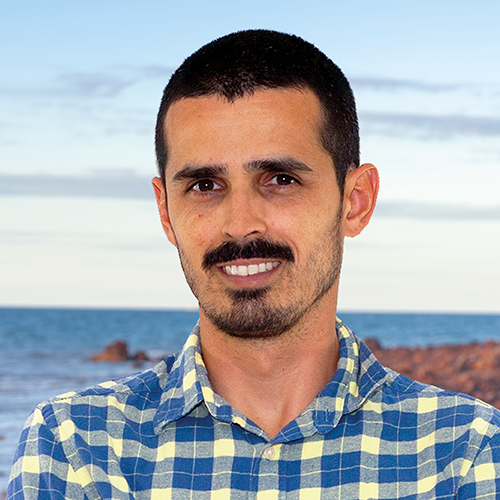
Renato Morais shows plankton-eating fish play key role in productivity of coral reef ecosystems
29.11.2021 11:50
Branco Weiss Fellow Renato Morais is the lead-author of a new study that suggests that the movement of plankton and plankton-eating fish play a central role in driving local spikes of extreme biological productivity in tropical coral reefs, creating “sweet spots” of abundant fish. By feeding on offshore plankton, these fish deliver extra resources to reef ecosystems and thereby drive local periods of extreme biological productivity—including for their own predators. In these “sweet spots,” plankton-eating fish are responsible for more than 50 percent of the total fish production, and people might find conditions there optimal for bountiful fishing, the study found. The researchers note that their findings hold particular significance for the future of tropical reef fisheries. Coral reefs continue to degrade, and offshore productivity is expected to decline, so sweet spots that concentrate these dwindling resources may increase in importance for fishers.
Renato Morais has been elected a Branco Weiss Fellow this year and will commence his fellowship in January 2022. As a fellow he will investigate the role of the seascape in determining biomass production on tropical reefs, combining methods from landscape, movement and reef ecology with mechanistic models from oceanography, food web and meta-ecosystems theory in a novel integrative way.
Read the paper in PLOS Biology
Read the news on Florida News Times
Read the news on SciTechDaily
